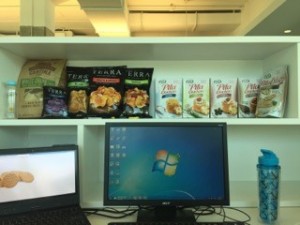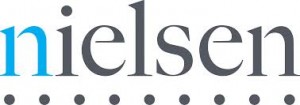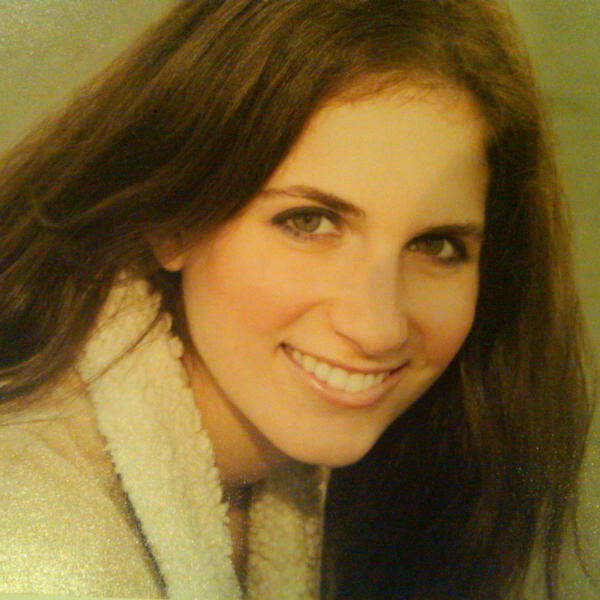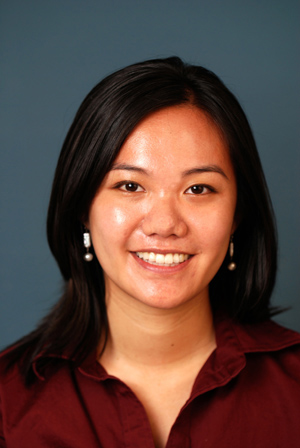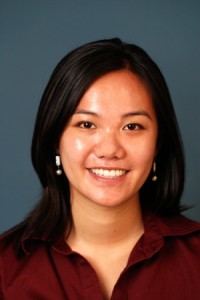Dr. Joseph Barber, Associate Director
I am currently taking an “Introduction to marketing” course on Coursera as a way to think about the whole job search process in a slightly different way. Marketing is actually a very relevant topic when it comes to the process of career development. At some point as a job seeker, you are trying to encourage another entity (an employer) to purchase your product (your skills, experiences, and knowledge). To do this, you have to have a product worth buying, you have to know how to sell that product, and you have to know how to sell that product to a particular segment of customers. So far, some of the most pertinent topics covered in the course include the idea that no matter what the product is, it won’t be equally attractive to the entire customer base. In other words, some buyers will really like the product, some will respond to it fairly neutrally (they might buy it, but they might equally buy a similar product from another vendor), and some won’t find it attractive at all. In business, it generally makes the most sense to focus efforts on the subset of the population who really likes the product (taking a customer-centric approach and using a process of segmentation), rather than just hoping that everyone will find your product equally attractive (a product-centric approach). One of the career analogies here is quite clear. Sending out 50 versions of the same resume to 50 different companies (even if the job being applied for is similar – e.g., medical writer) won’t work as well as really taking the time to understand the differences between the employers, and targeting the most attractive and relevant ones with highly tailored application materials.
So far in the course, several marketing principles, assumptions, and theories have been shared, and I am still processing this information in my mind. It is interesting, though, to look for other areas of overlap between these concepts and what we focus on as career advisors. Here are three market-driven principles that were shared:
- Know your markets
- Customers have the final say
- Be the best at one of these three concepts (compared to the competition): operational excellence, performance superiority, and customer intimacy, but just good enough in the other two
Knowing the market is essential. The more you understand about who your customers are (and in career terms these are hiring employers), the easier it is to convince them that you have what they are looking for. If employers are the customers in this case, then they still get the final say. That means that there is little point in telling an employer about all of the great work you have done, and all of the super experiences that you have gained, if this information does not align with what the employer is looking for. For example, over the course of a 5-year PhD, a graduate student can gain a very wide range of transferable skills. However, one of the consequences of doing a PhD is often a lack of practice talking about these skills outside of the context of the very specific research field the student has been working on. In an interview for a non-faculty job, PhD students and postdocs have to be careful not to answer the question “so tell me about your research” by actually spending 5 minutes talking about the specifics of their research. Instead, they have to be able to answer “so tell me how you did your research”, because the answer to this question will be much more skills-focused. Additionally, having completed a 5 year PhD and a 5 year postdoc, there may be some expectation on the side of the candidate that these combined experiences by themselves should qualify them for a wide range of positions. This is not the case – the employer wants the candidates to be able to show how these experiences make them a good fit, and wants the candidate to be able to demonstrate this level of understanding.
And then the idea of being the best at one of the concepts listed above (operational excellence, performance superiority, and customer intimacy), but good enough at the other two, might be relevant to the job seeker as a way to show that there are different approaches to successfully landing a position. Performance superiority might represent the research skills a student has gained. Someone with 15 published papers and two grants might demonstrate performance superiority. Operational excellence might represent the number of connections that a candidate has in different career fields, or their knowledge of these fields and of what employers are looking for based on extensive research into their different career fields. Customer intimacy would represent the degree to which a candidate has actually initiated and then further developed relationships with contacts at different employers through collaborations or networking (taking the idea of knowing people to the more advanced level of having professional relationships with these people). Given this, the following scenarios demonstrate how excellence in any of these three areas can help. Someone might be hired because they are the best at what they do even if they don’t have a lot of contacts or professional relationships with employers, or even if they don’t know much about the business itself (they can easily be trained in that, for example). Another person might get hired because they have been able to craft a spectacular resume that shows that they understand the nature of the position to which they are applying, even if they are not the best candidate in terms of their accomplishments (the most accomplished individual who cannot articulate how their accomplishments are relevant might not get the job, after all). And finally, someone else might get hired even though they are not the most accomplished, and even if they don’t have a smart-looking, tailored resume, but because they have great working relationships with people at a specific company, and those future colleagues can easily see themselves working with the candidate for the foreseeable future (fit always plays a role in hiring decisions). You only need to be the best in one of these dimensions…, but it helps if you are not terrible at the other two.
One other marketing topic that is directly relevant to the job search is the idea of brand positioning. One of the points mentioned in the course is the idea that a personal brand is not what you say about yourself, but represents what others say about you. You can come up with a really snappy brand statement about yourself, a well-craft narrative about what skills and experience you bring, but if this is not how the customers see you, then these statements won’t stick. This is another good reason to develop a broad professional network, and to cultivate this network carefully, and tend to it frequently. It will be people in this network who create your personal brand. You can help them through your interactions, through being able to articulate your unique selling proposition (the clear, simple, and unique benefits you bring), but beyond that, they will define your brand for you. When it comes to branding, the goal is to get consumers to notice the brand, but also to understand the information it represents. Just like with resumes, if there is too much information (and especially too much irrelevant information), the audience will likely block all of it out. Clear, concise, target-focused information should be at the heart of personal brands, resumes, and pretty much any form of communication.
I have obviously got more to learn about marketing, and hopefully will come across more ideas for how marketing principles can help individual job seekers. Interestingly, I think there will be information from this course that can also be used by institutional career centers at universities to better market themselves to their customers (the students and postdocs they serve). From branding, to segmentation and targeting, to customer-centricity, these are all relevant to how we as career advisors can better work with these populations.




